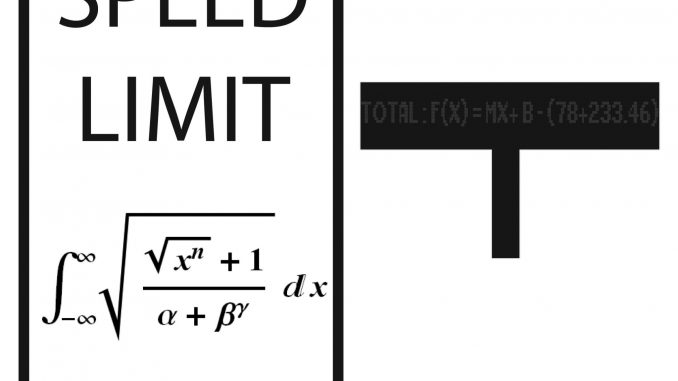
By Alexis Steagall, News Editor
 One of the most prominent questions students find themselves asking is “What will we use math for?” For those students who are not planning to pursue a career involving math, struggling through these courses can become a difficult chore, oftentimes causing a significant drop in GPA.
One of the most prominent questions students find themselves asking is “What will we use math for?” For those students who are not planning to pursue a career involving math, struggling through these courses can become a difficult chore, oftentimes causing a significant drop in GPA.
So why are students forced to take advanced mathematics classes throughout the rest of their schooling when it is no longer relevant to them?
At Indian Trail High School & Academy, the district requires students to enroll in three math classes in order to walk the stage at graduation. Typically, students participate in Algebra I, Geometry, and Algebra II. For teens who wish to exceed expectations on transcripts, it is not uncommon to be roped into taking a fourth math class, many times involving some form of (pre)calculus or further advanced math.
Of course, basic math skills are a necessity when it comes to surviving the real world. In fact, humans unknowingly use math every day. Some instances may include counting change, leaving a tip, counting hours of a work day, or even baking. All of these examples would involve basic math skills acquired in elementary school.
When it comes to post-secondary school, STEM (science, technology, engineering, and mathematics) majors are the only career choices that require math skills above Algebra I (other than General Education math). Statistics from U.S.News show that as of 2015, 40 percent of bachelor’s degrees earned by men and 29 percent earned by women are in STEM fields; Leaving more than half of graduates with expendable math knowledge thrown into the back of their brains.
Proponents argue that obtaining advanced mathematics skills while in school will help build important life skills and discipline, but for many, it causes nothing but stress and mental breakdowns.
The solution: Allow students to take charge in their years of high school, for the future’s sake. There is no point wasting valuable teenage years stressing about a subject that will likely never be useful after high school. For those pursuing careers involving math, the current high school curriculum suffices. But for students who have a clear idea about their future career — one that doesn’t require advanced math skills — their path should be personalized to their needs. The curriculum should allow for growth in areas of specialization rather than jumping from subject to subject, filling young heads with useless information. A change as great as this proposal would be difficult to achieve when school’s refuse to change their teaching methods, but it would be worth it to appeal to future generations.
